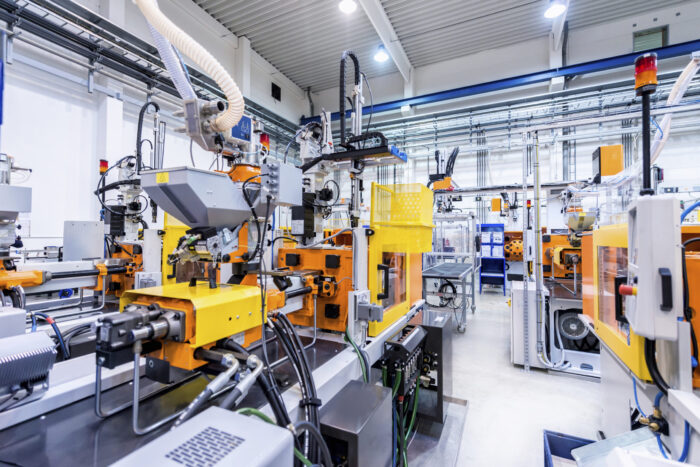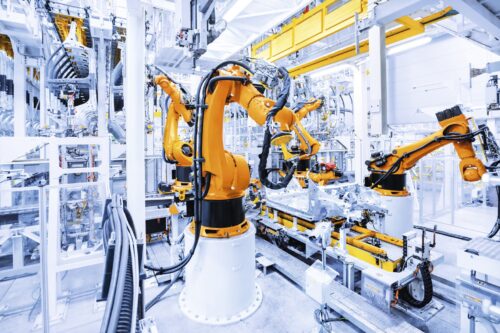Calibration is the process of testing and adjusting an instrument to make sure it’s accurate. Instruments need to be calibrated regularly to ensure that they’re working properly so you can trust the results they produce. In this article, we’ll go over why it’s important and how you can get your instruments calibrated.
What is calibration?
Calibration Instruments are a process of verifying and subsequently adjusting the accuracy of measuring instruments. This can be done by comparing the output of an instrument to a known standard. The process of calibration is performed to ensure the accuracy of the instrument.
Not all instruments require calibration. There are some that just need routine maintenance such as cleaning and replacing batteries, while others can be left untouched for years before they require calibration.
When does an instrument need calibration?
To get the most out of your instrument, you should calibrate it when:
- You buy a new instrument.
- You are having problems with the data you are getting from your existing instrument.
- You’re about to start a new project or phase of your project (for example, working with a different material).

How is calibration done?
Calibration is a process of checking and adjusting the accuracy of a measuring instrument. It uses a reference standard to compare with an instrument’s reading, often via comparison with another known value.
Generally speaking, instrument calibration involves comparing an instrument’s readings against those of its standard deviation or average value (see below). If an instrument is not calibrated correctly, then it will not be able to provide accurate measurements.
The calibration process can take place within the workplace itself or on location at your facility. The latter option may be more expensive, but it has numerous benefits including increased safety and reduced chance that your employees will need to work with hazardous materials when calibrating instruments in-house
Where can you get an instrument calibrated?
If you want to get your instrument calibrated, it’s best to hire a professional who can do the job. They’ll be able to give you a certificate of calibration and show that they’ve used an accredited lab. If possible, ask for them to use the correct equipment for your specific measurement needs. This will ensure that your instrument is properly calibrated, and not just set up correctly at the time of calibration.
Instrument calibration is important in ensuring accuracy and reliability
Instrument calibration is an important part of ensuring the accuracy and reliability of your instrument readings. It involves running a series of tests to ensure that the equipment is functioning properly, and has been consistently set up to provide accurate data. The process involves running checks against a known reference standard, typically using another instrument called a “calibrator”. This can be done either manually or automatically, depending on the type of equipment being calibrated. If you’re looking for someone who can do this for you, we’d be happy to help!
Conclusion
Instrument calibration is an important part of the scientific process, and if you are reading this article, you’ll be aware of its importance. Instrument calibration ensures that your instrument is performing to specification and gives you confidence in the results. It also helps to keep costs down by minimising failures and downtime due to poor performance. If you have any questions about calibration or other aspects of instrumentation, please feel free to contact an expert now!

